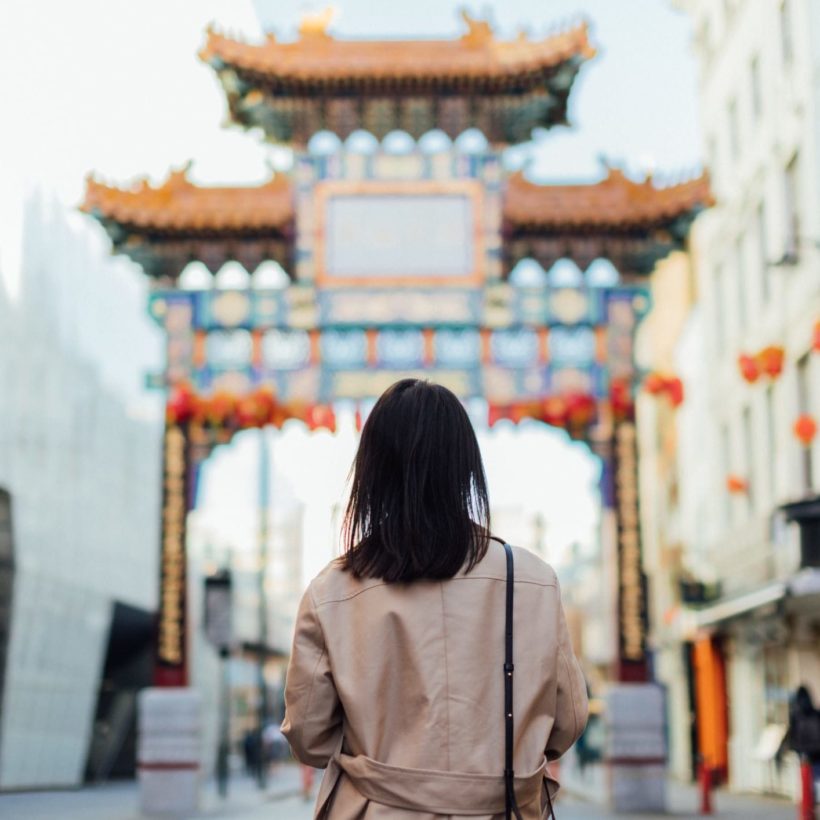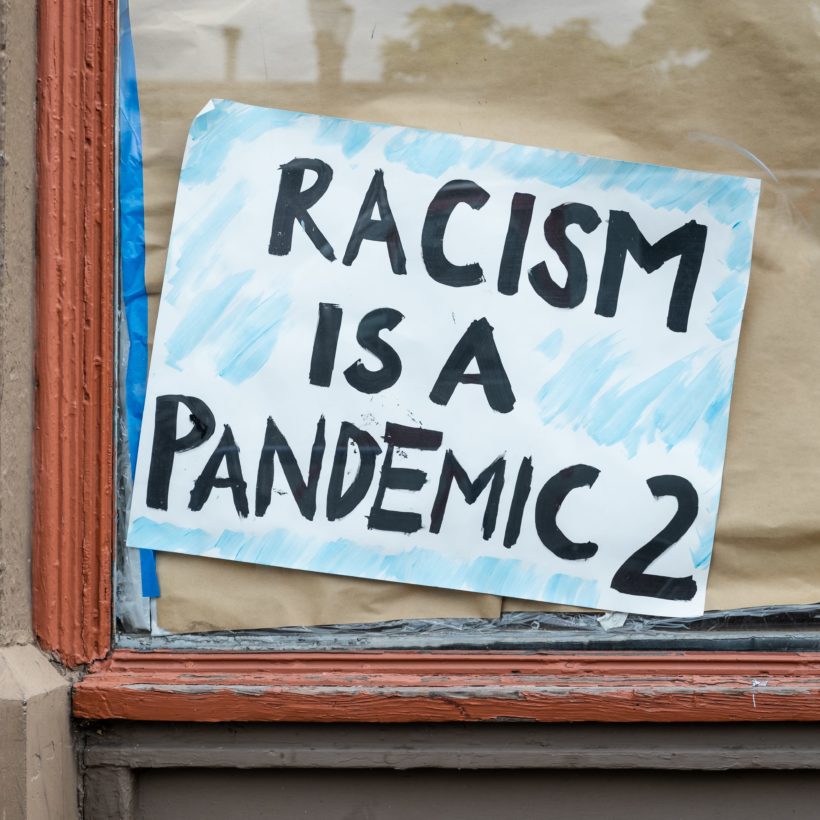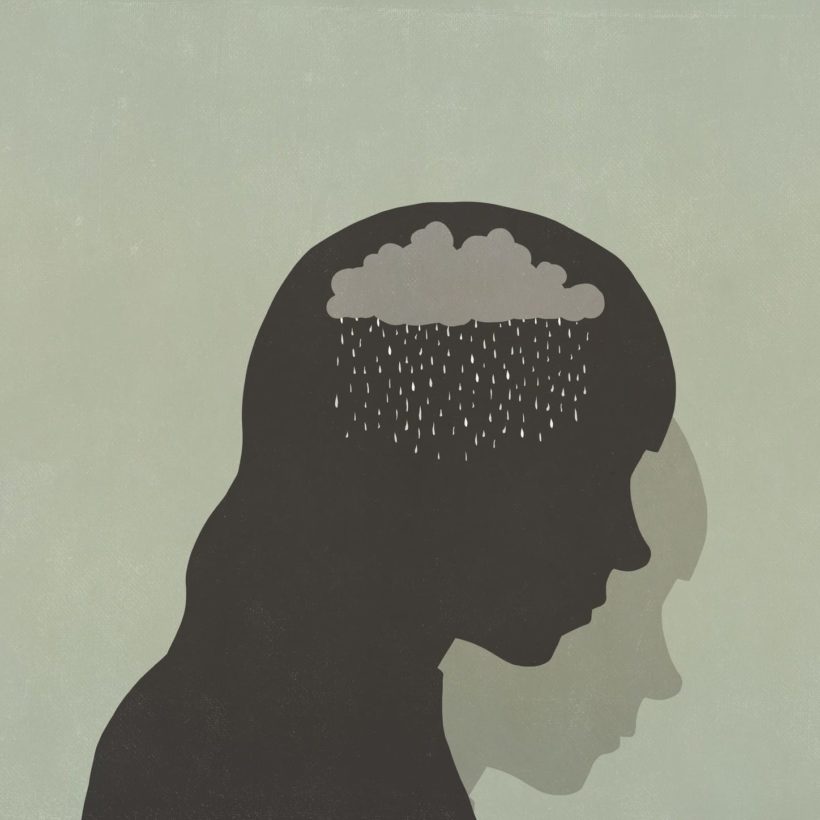The narrative of queer history has largely focused on one demographic: white, middle-class males. While it’s necessary that these stories are heard, they’re only one perspective and they’re not representative of the diverse, intersectional communities that also identify as LGBTQ+. For Khier Casino — who’s a grad student at Columbia Journalism School and the editor in chief at NextShark, news, culture, and entertainment site that’s dedicated to covering Asian American issues — he believes that Asian American existence has largely been invisible in the media. “It’s clear that there is so much more work that needs to be done and more discussions to be had,” he says. However, the more we collectively spotlight these moments, the more we’ll have a better understanding of their impact on the community. Below, Casino discusses five of the pivotal moments and unsung heroes in Asian American LGBTQ+ history that are worth commemorating.
Activist Helen Zia
Helen Zia is a Chinese-American journalist and activist who’s known for speaking out on racial and LGTBQ+ issues. She once served as the president of the New York Chapter of the Asian American Journalists Association, which is dedicated to combating media stereotypes against Asians. “Helen Zia and her wife, Lia Shigemura, were the first same-sex couple to get married in California upon recognition by the state in 2008. In 2010, she testified for marriage equality in the landmark case decided by the U.S. Supreme Court,” says Casino.
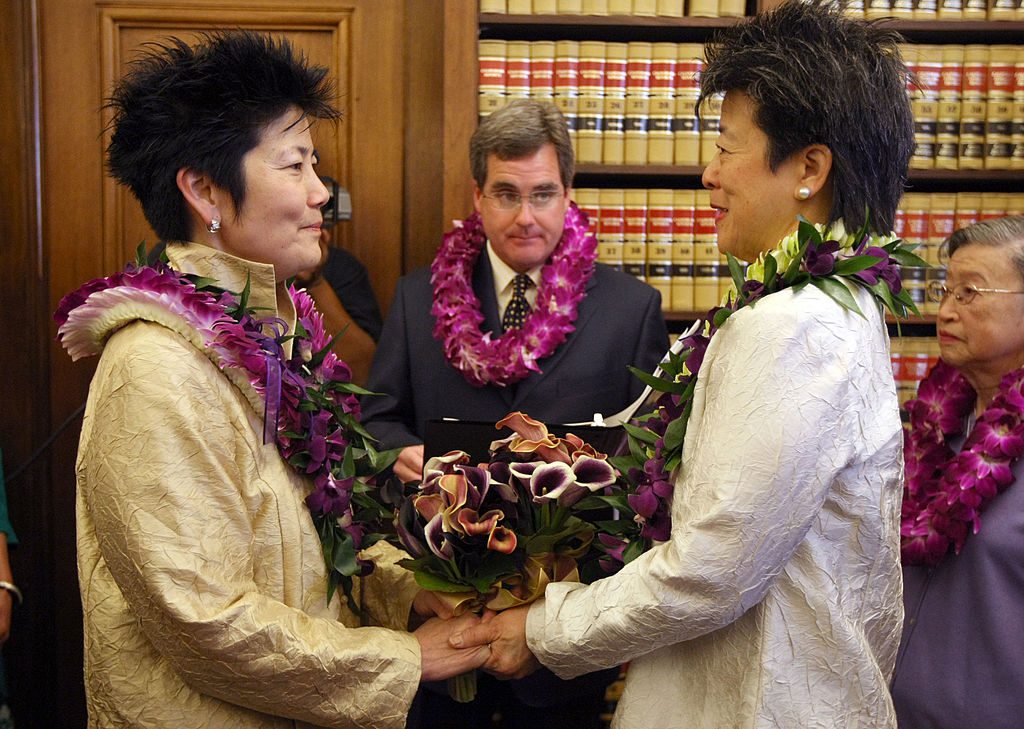
She’s also recently been making headlines due to her “heavy involvement in the Vincent Chin civil rights case,” says Casino. Vincent Chin was a Chinese American engineer who was beaten to death 39 years ago. “Zia led the call to bring justice to the case as the national organizer and spokesperson for the Justice for Vincent Chin campaign,” says Casino. And a limited scripted series about the murder will be developed through an exclusive agreement with Chin’s relatives and Zia.
National Asian & Pacific Islander HIV/AIDS Awareness Day
The first observation of National Asian and Pacific Islander HIV/AIDS Awareness Day was on May 19, 2005, to help end the HIV stigma against the community. “The day was founded by the Banyan Tree Project and backed by the Centers for Disease Control and Prevention (CDC) to help raise awareness, prevent HIV, and those who are living with it,” says Casino. By reducing the stigma, the Banyan Tree Project hopes to get more people tested (currently, two-thirds of Asians have never been tested for HIV, according to the organization), in addition to receiving health services and support. Helping spread the word through storytelling and education is important: “While the Asian American population grew by 11 percent between 2010 and 2014, the number of Asians who were diagnosed with HIV increased by 36 percent,” says Casino.
Former U.S. Army Officer Daniel Choi
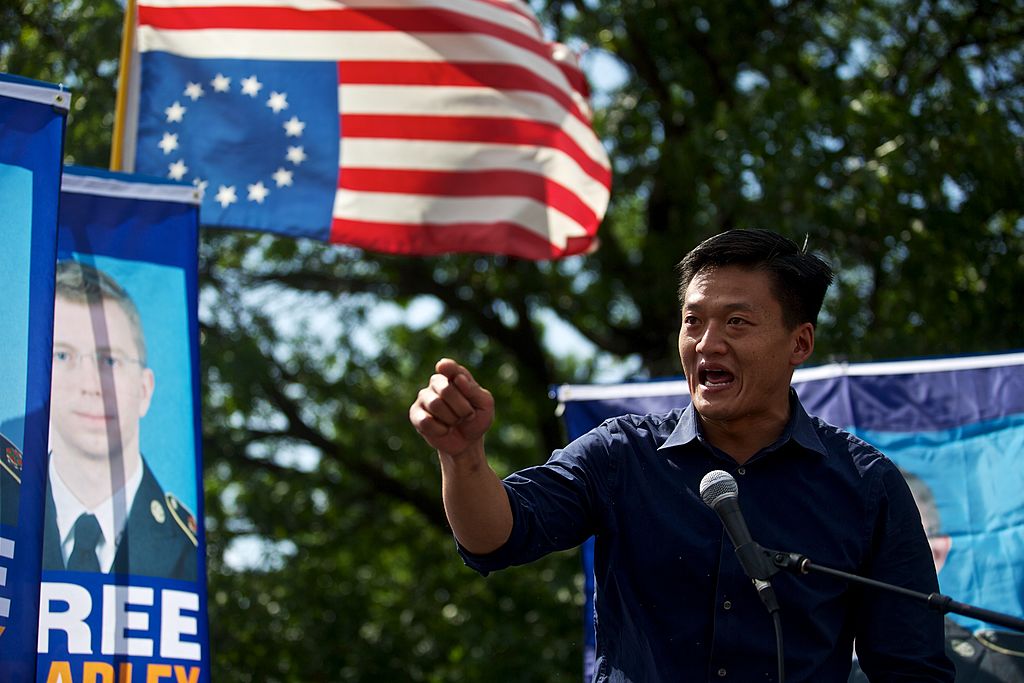
After serving in the U.S. Army during the Iraq War in 2006, Korean American “Lt. Daniel Choi was discharged for coming out on the Rachel Maddow Show in 2009,” says Casino. “In 2010, he handcuffed himself to the White House to demand the repeal of ‘Don’t Ask, Don’t Tell’ (DADT), which was a federal policy [adopted in 1994] that disallowed gays and lesbians from serving openly in the military,” adds Casino. Since then, Choi became one of the founding members of Knights Out, an organization of West Point alumni that are committed to supporting LGBTQ+ service members.
In 2010, President Barack Obama repealed the policy, but approximately 13,000 service members were discharged when DADT was in effect, and the lingering shadow of its legacy still remains.
The Respect After Death Act
“In September 2014, California’s Respect After Death Act (AB 1577) was signed into law by Governor Jerry Brown. The new law enabled transgender people to record their chosen gender on their death certificates,” says Casino. It was inspired by Christopher Lee, a transgender filmmaker who co-founded the Transgender FIlm Festival and committed suicide in 2012. “The coroner misgendered him as female on his death certificate. His friends, Chino Scott-Chung, who is also a trans man, and Chino’s spouse, Maya, reached out to then-assembly member Toni Atkins, who drafted California Assembly Bill 1577,” says Casino. The bill ensures that officials should defer to legal documents like a court order approving a name or gender change or proof of medical treatments for gender transition to make sure transgender people are recognized properly after they pass away.
Politician Evan Low
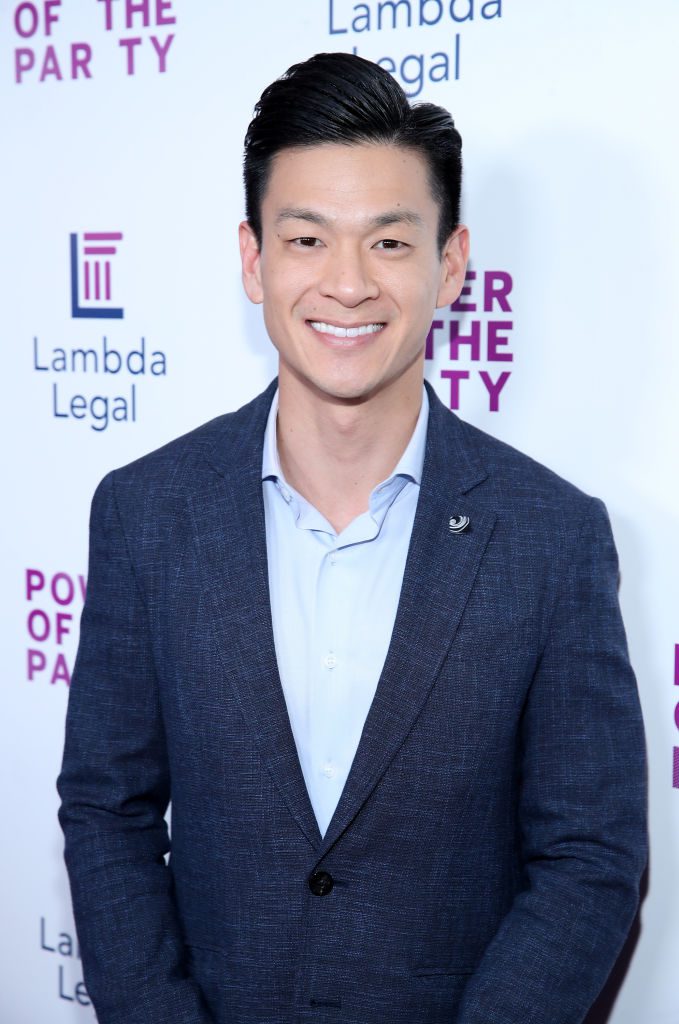
In 2010, Assembly member Low made history as the youngest LGBTQ+ mayor in the United States, and in 2014, he was the youngest Asian American legislator elected into the California State Assembly. “In 2018, he authored AB 2943, which was a bill that aimed to classify conversion therapy as fraud, increase protections for consumers, and make ‘sexual orientation change efforts’ an unlawful business practice,” says Casino. Conversion therapy refers to dangerous practices aimed at changing a persona’s sexual orientation or gender identity, according to the Trevor Project, who co-sponsored the bill. Though the bill was only one vote away from reaching the governor’s desk, Low had to pull it due to intense backlash from California’s conservative religious community. Low continues to make LGBTQ+ rights a high priority and is currently re-serving his role as the chair of the Legislative LGBTQ Caucus, a forum for California policymakers to further the goal of equality and support LGBTQ+ leaders in the community at local, state, and federal levels.



